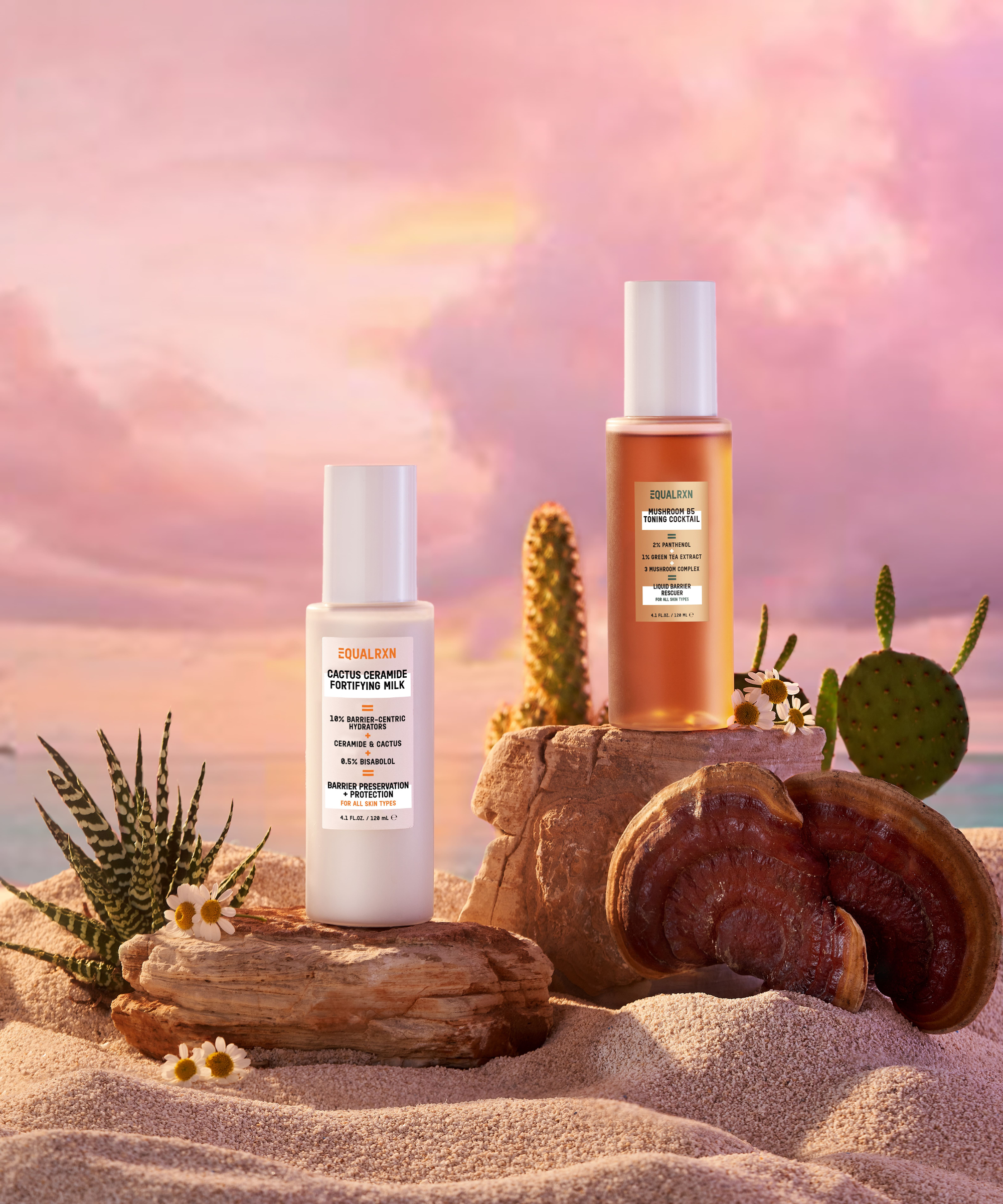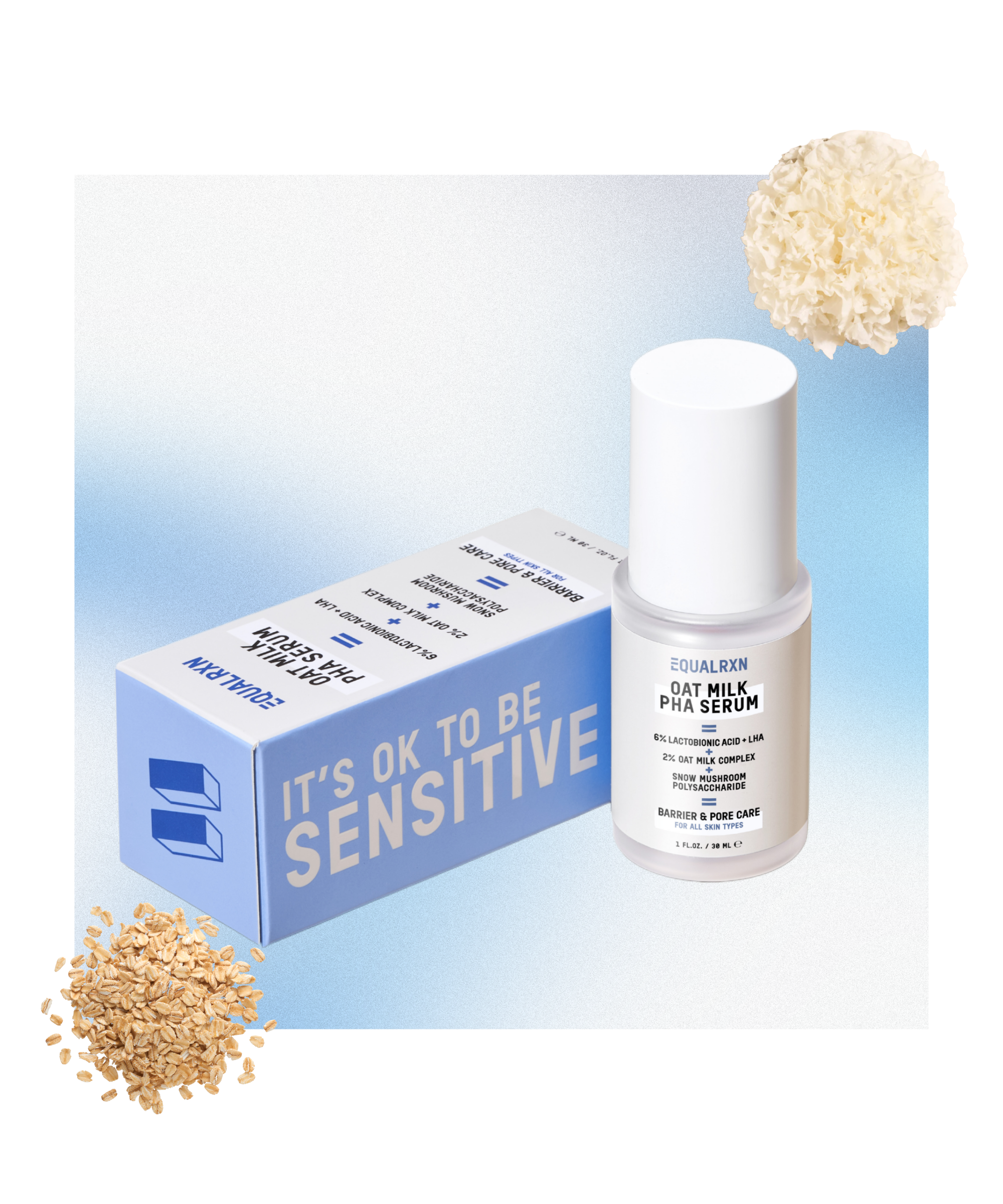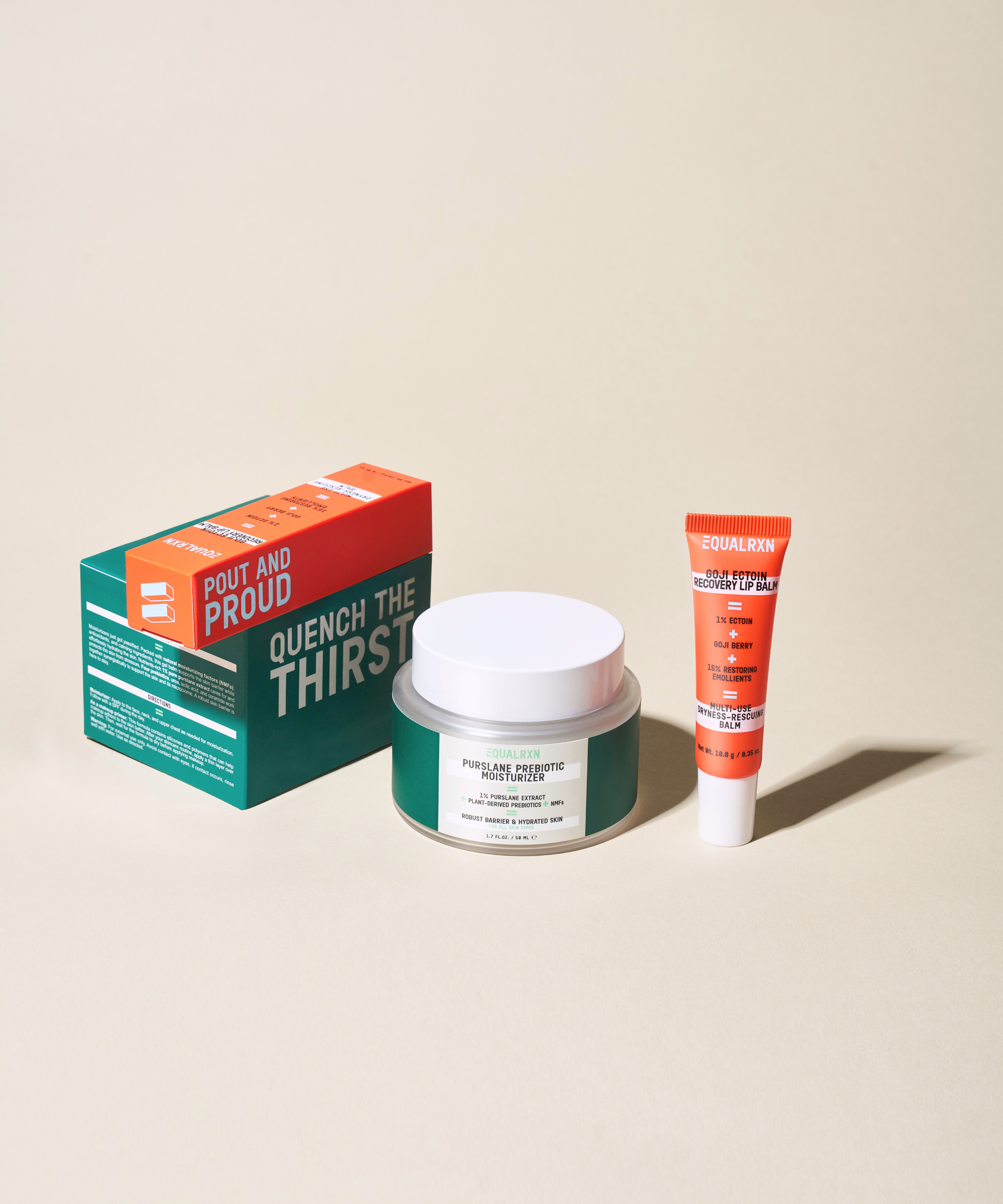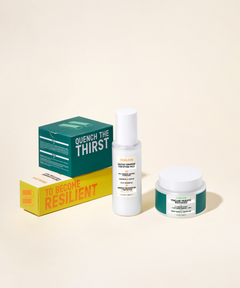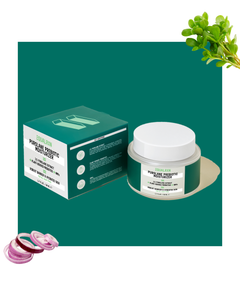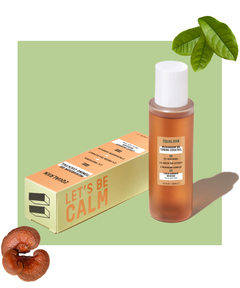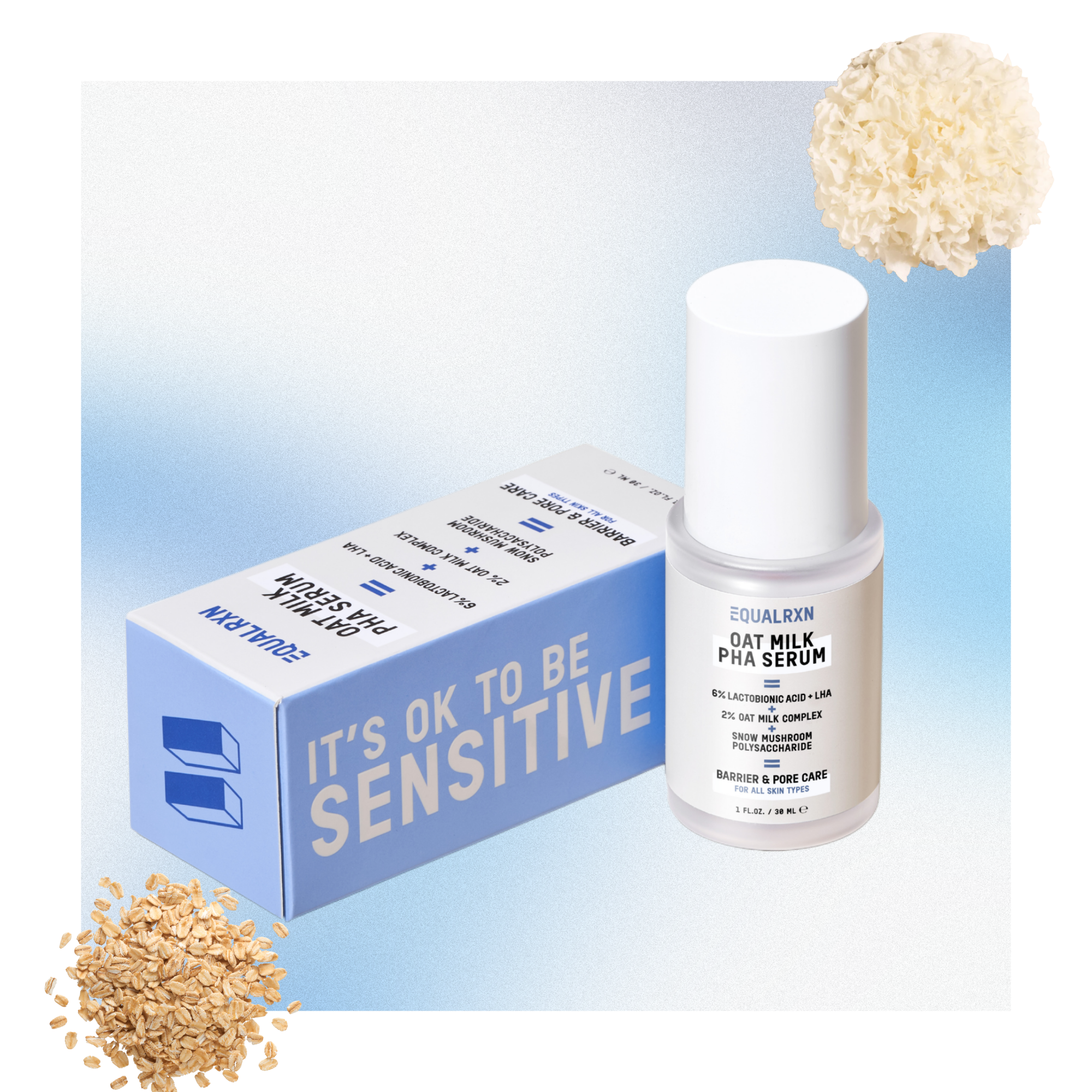What is Avena Sativa (Oat) Kernel Oil?
Avena Sativa (Oat) Kernel Oil is a botanical ingredient derived from the kernels of oats. It's rich in lipids, vitamins, and antioxidants, making it a valuable addition to skincare products. Oat kernel oil is particularly beneficial for sensitive or inflamed skin conditions such as eczema or dermatitis.
How does this ingredient work in skincare?
Avena Sativa (Oat) Kernel Oil functions in skincare by providing multifaceted benefits to the skin. Rich in lipids, including ceramides and fatty acids, it reinforces the skin's lipid barrier, aiding in moisture retention and protection against external stressors. Moreover, its anti-inflammatory properties, attributed to bioactive compounds like avenanthramides and beta-glucans, soothe and calm irritated skin, alleviating redness and discomfort associated with conditions such as eczema and dermatitis. Additionally, the antioxidant content of oat kernel oil, including tocopherols and phenolic compounds, combats free radicals, thereby preventing premature aging and supporting skin health.
How does this ingredient compare to others?
In comparison to other botanical oils commonly used in skincare, Avena Sativa (Oat) Kernel Oil offers unique properties tailored to sensitive and irritated skin. While oils like jojoba or argan provide moisturization and nourishment, oat kernel oil's high lipid content specifically targets reinforcing the skin barrier, making it particularly beneficial for individuals with compromised or sensitive skin. Additionally, oat kernel oil's potent anti-inflammatory compounds set it apart, offering soothing relief for conditions such as eczema and dermatitis, which may not be addressed as effectively by other botanical oils. Its antioxidant-rich profile further enhances its protective benefits, safeguarding the skin against environmental damage and premature aging.
Potential benefits of this ingredient for the skin
Avena Sativa (Oat) Kernel Oil offers several potential benefits for the skin:
- Soothing Irritation: Its anti-inflammatory properties help calm and soothe irritated skin, making it beneficial for conditions such as eczema, dermatitis, and sensitive skin.
- Moisturization: Rich in lipids and emollients, oat kernel oil provides deep hydration, helping to nourish and soften the skin, leaving it smooth and supple.
- Strengthening the Skin Barrier: Oat kernel oil reinforces the skin's natural lipid barrier, supporting its integrity and resilience against environmental stressors and moisture loss.
- Anti-Aging Effects: The antioxidant content of oat kernel oil helps protect the skin from free radical damage, reducing the signs of premature aging and promoting a youthful complexion.
- Gentle Cleansing: Oat kernel oil can be used in cleansing formulations to gently remove impurities without stripping the skin's natural oils, leaving the skin feeling clean and refreshed
Products we use this ingredient in
Oat Milk PHA Serum
References
- Ilnytska, Olha et al. “Colloidal Oatmeal <em>(Avena Sativa)</em> Improves Skin Barrier Through Multi-Therapy Activity.” Journal of drugs in dermatology : JDD vol. 15,6 (2016): 684-90.
- Reynertson, Kurt A et al. “Anti-inflammatory activities of colloidal oatmeal (Avena sativa) contribute to the effectiveness of oats in treatment of itch associated with dry, irritated skin.” Journal of drugs in dermatology : JDD vol. 14,1 (2015): 43-8.
- Kim, Hyo-Sung et al. “Oat (Avena sativa L.) Sprouts Restore Skin Barrier Function by Modulating the Expression of the Epidermal Differentiation Complex in Models of Skin Irritation.” International journal of molecular sciences vol. 24,24 17274. 8 Dec. 2023, doi:10.3390/ijms242417274


